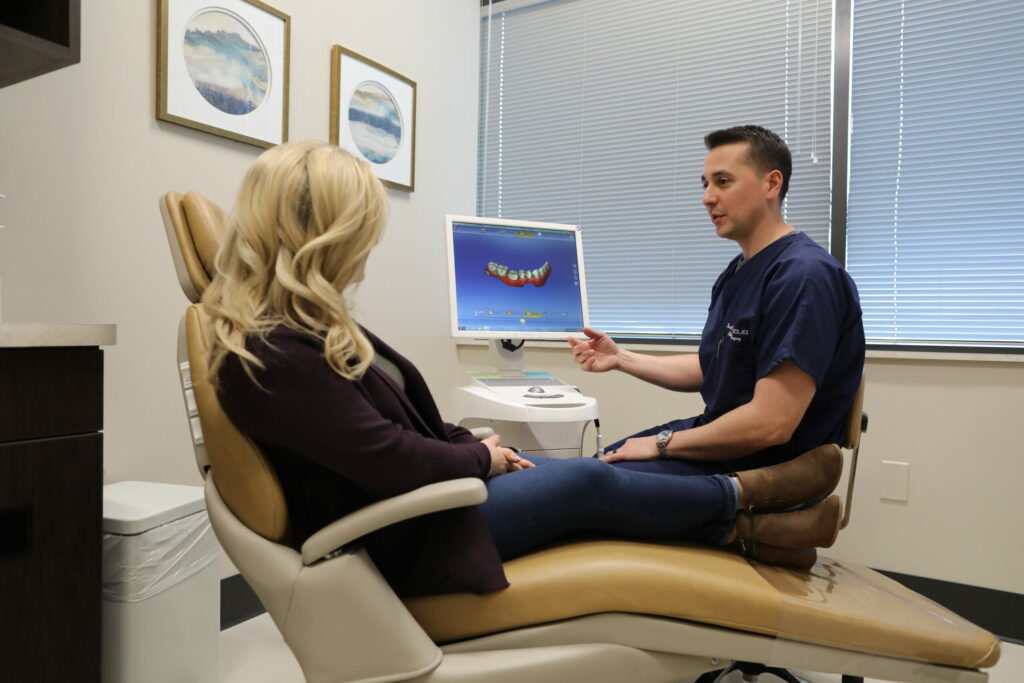Antibiotics After Surgery

Patients who have undergone the extraction of their wisdom teeth or other routine oral surgery often mistakenly expect a prescription of post-operative antibiotics before leaving the office after surgery. The fact is, however, that patients who receive antibiotics prior to surgical extractions are far better off than those who take these medications after the procedure.
Numerous studies have been conducted in the last decade concerning the matter of antibiotics and wisdom tooth extraction. The results conveyed an overwhelming trend toward the efficiency of pre-operative antibiotics in numerous cases of oral surgical procedures.
Doesn’t Everyone Need Antibiotics After Surgery?
It was once thought that any type of surgery, including oral and maxillofacial procedures, warranted the administration of some type of antibiotic following the operation in order to prevent infection at the site of the wound. However, it is now known and widely accepted that, in the case of normal, healthy patients, this type of medication should not be used at all unless the surgeon feels that it is necessary.
In cases of patients whose medical history or particular circumstances lead the dental professional to believe that they are at risk for post-operative infections, the use of pre-operative antibiotic medications is recommended. A single dose of oral antibiotics administered before surgery is the most common suggestion. Because food and drink are not usually permitted prior to surgery, the antibiotic should be taken with small sips of water and nothing more. If nausea occurs as a result, the patient is encouraged to contact his our office for additional advice before the surgery. The surgeon may sometimes administer the antibiotics intravenously.
The Importance of Research Concerning Pre-Operative Antibiotics
Because the unnecessary use of antibiotics can potentially cause a host of problems for the patients who take them, medical professionals are encouraged to consider all facets of a particular situation before prescribing such medications. If antibiotics are regularly taken when they are not needed, the patient may develop a resistance or sensitivity, potentially causing future doses of antibiotics to fail or cause an allergic reaction.
Due to the discovery of this knowledge, medical professionals and oral surgeons are more mindful than ever regarding their prescription of these medications. Patients are also more informed now, receiving simple but invaluable information concerning the signs of infection prior to leaving the office. When patients are educated properly and know more of what to expect in the weeks following oral surgery, they are better able to care for themselves and are more comfortable with the healing process in general.
When Infection Does Occur
Contrary to common belief among the public, swelling does not necessarily indicate an infection. In fact, mild to moderate swelling is to be expected following any type of surgery. The following are common signs of infection that may occur after wisdom tooth extraction:
- Persistent pain at surgical site or in the jaw that increases for more than 72 hours after surgery
- Foul odor coming from the mouth
- Fever
- Intense swelling that lasts for more than 72 hours following surgery
It is highly likely that the use of pre-operative antibiotics will prevent such infections from occurring at all. Naturally, if any of these symptoms are noted after surgery, patients are strongly advised to return to the office for evaluation and treatment.
Get to know us.
At Washington Oral & Facial Surgery, we know how to help you. Our board-certified surgeons and expert staff can provide the care you need to relieve the discomfort you feel.


